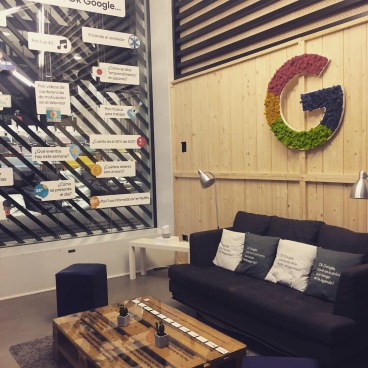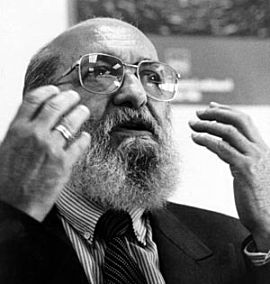Browsing through my Facebook feed, I noticed that a colleague posted this article which caught my eye – The Joyful Illiterate Kindergarteners of Finland. What prompted me to actually read the article more than the title, was the fact that I have a 6-year old son. Since children start school late in Finland, I got this mental image of my son, school and the word joyful… and I knew that in Malta, and for my son, joyful is not how he would describe his scholarly experience.
Let me first start by reflecting a bit on the article. Even though the author compares Finland to the US, I find that in Malta we can compare ourselves with the type of instruction he describes as being characteristic of US schools. Just yesterday I was discussing with another parent about the extent of ‘literacy’ that our children are being subjected to. In Finland, according to the author, the concept of literacy, whether this is numerical or language-related, is integrated into daily playful activities. Even dragging sticks in the mud, and pretending that the children are building dams, can lead to various literacy skills if the teacher intervenes at the right moment. Children at that level are not only exposed to physical activities, but they carry out serious play that can affect (in a positive way of course) the children’s cognitive, emotional and social development. Some children cannot communicate with others, not because they are not able to but simply because they haven’t been given the necessary space for them to develop this.
Now let’s flip back to Malta, and to our children’s current instruction. My son is a 6 year old attending a primary school. Never mind the hours that the article refers to where the children have to sit and write (so that they can improve their literacy skills!!!). It seems that in Malta we are driven by this ever increasing need of getting children flowing down the academic avenue right from when they are born. I don’t know whether this is our ingrained culture or whether we truly believe that we are indeed helping achieve higher levels of education by starting the infamous writing and reading early on in life. But just one look at our number of graduates, or maybe at our levels of early school leavers, or those who opt out of certification-led examinations at the age of 16 or 18, is for me enough to get me thinking whether the way we are approaching early and primary education is the right way. I have heard teachers (at all levels of education) complain that there is nothing they can do if the syllabi they are given are rigid and require the traditional, teacher-driven approach (to manage to “teach” all the syllabus on time), leaving the children in a state of passivity as they read and write (I ask – where’s the play?) …. so whilst the Finnish counterparts of my son’s age category are out there playing, building dams and going on outings, singing and being joyful, our children are doing written homework (after school) only to go back to school, to write more and then sit and do more written and reading exercises.
Now I have to admit it has been a long time since I’ve actually sat inside a primary classroom and observed what goes on. What I know is what I gather from colleagues, and also from what my son tells me. However I do find myself rather baffled. Are our policy makers, and decision takers – or maybe those people who draw up syllabi, aware that when they speak about increasing literacy standards, there are other ways of improving literacy? Are these people aware that people do learn from play and fun and that these are ultimately not just buzz words but that is quite real? How can we expect to change cultures at a higher education level, when the moment our children start going to school we start telling them that play is not and cannot equate to learning?
I heard a story recently by a colleague – where a school administrator was talking about decreasing (the already severely dwindled) school outings, as these were evidently not useful to increase the benchmark test assessment (similar to PISA) results in a subject (he was referring to 9-10 year olds). According to this person, traditional teaching using workbooks is what would raise literacy levels and not outings. My 2 cents worth is that whilst in academia and research we speak at a certain frequency, those people out there who are in contact with or who are responsible for whoever is in contact with our children, are really not tuned in on the same frequency. We’re talking two completely different languages, and we’re both convinced that each is saying (and doing) the right thing.
What is right? What do parents want? What do policy makers want? What do teachers and school administrators want?
I sincerely don’t know at this point. What I do know is what my child wants … he wants to play. Last time he looked at me and very solemnly he told me : Ma, are you a teacher? I said yes… His reply was … so I deserve more of a rest than you because guess what? it is us children who spend all day working hard at school. I didn’t reply.














